[BI] Reference epigenome map: chromatin states
Chromatin states in the field of epigenomics refer to the organization and modification of chromatin, which is a complex of DNA and proteins found in cells. These states play a crucial role in regulating gene expression and can influence various cellular processes. Understanding chromatin states is essential in epigenomics, as they provide insights into how genetic information is regulated and expressed in different cellular contexts.
List of representative paper
Human
111 tissues/cell lines - 1502_N) Integrative analysis of 111 reference human epigenomes

Mouse
12 tissues, 8 developmental stages - 2007_N) An atlas of dynamic chromatin landscapes in mouse fetal development

123 cell types and primary tissues - 1411_N) A comparative encyclopedia of DNA elements in the mouse genome

Dog
11 tissues from beagle breed - 2307_SciAdv) Integrative mapping of the dog epigenome: Reference annotation for comparative intertissue and cross-species studies
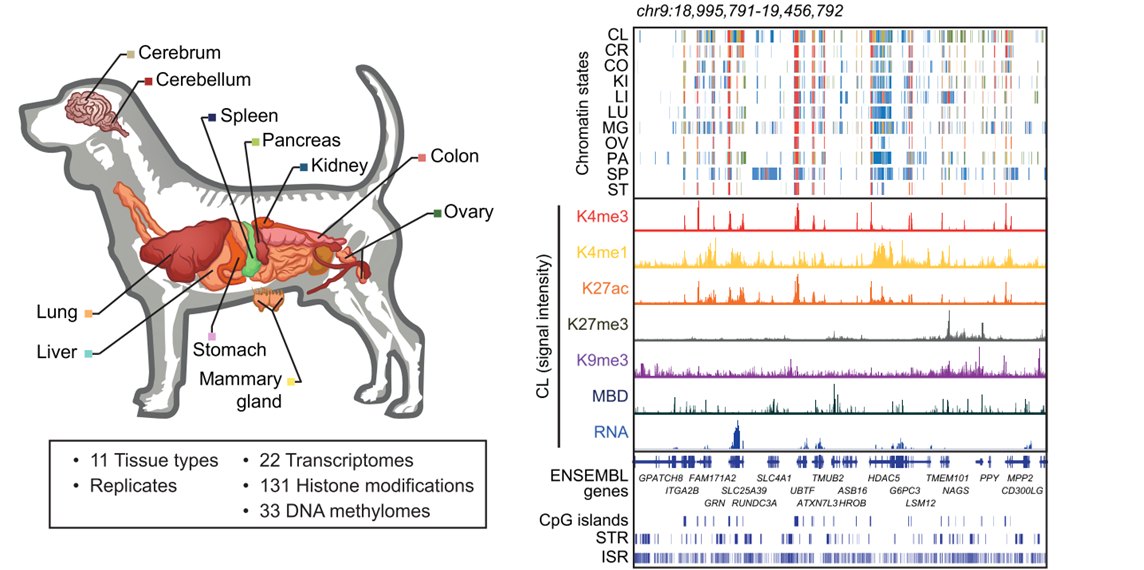
Farm animals - Pig, Cattle & Chicken
14 tissues from a pig breed - 2102_Ncom) Pig genome functional annotation enhances the biological interpretation of complex traits and human disease

12 tissues from four pig breeds - 2104_Ncom) A compendium and comparative epigenomics analysis of cis-regulatory elements in the pig genome

23 tissues from Chicken - 2305_SciAdv) An atlas of regulatory elements in chicken: A resource for chicken genetics and genomics
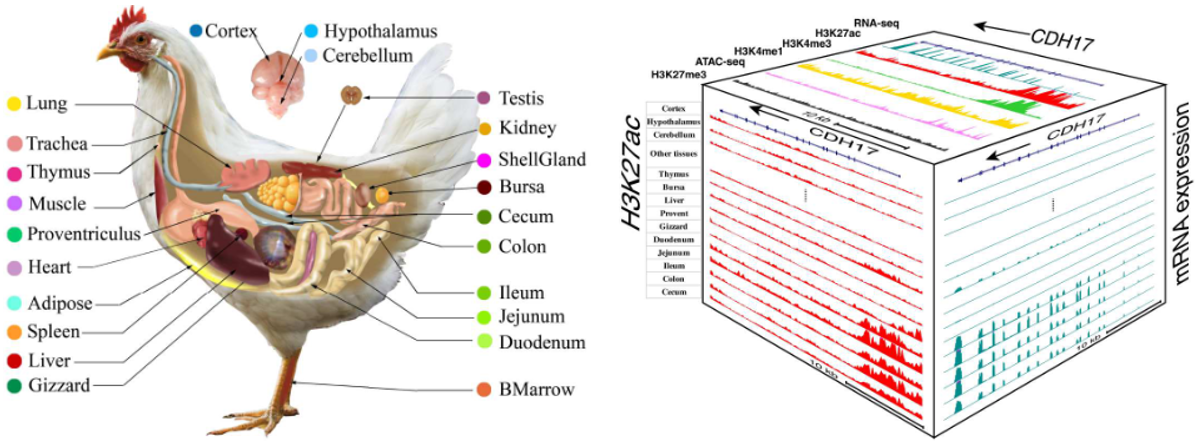
Eight tissues from Pig, Cattle & Chicken - 2103_Ncom) Functional annotations of three domestic animal genomes provide vital resources for comparative and agricultural research

Grains - Rice & Wheat
20 varieties of rice - 2005_Ncom) Integrative analysis of reference epigenomes in 20 rice varieties
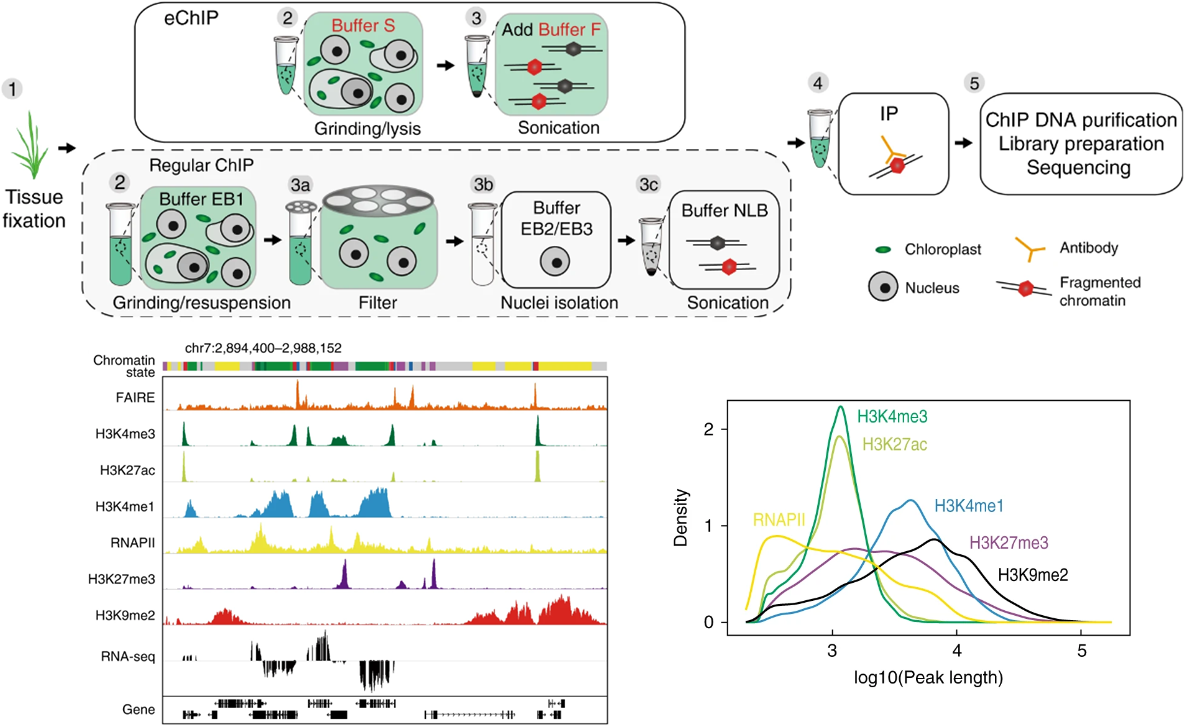
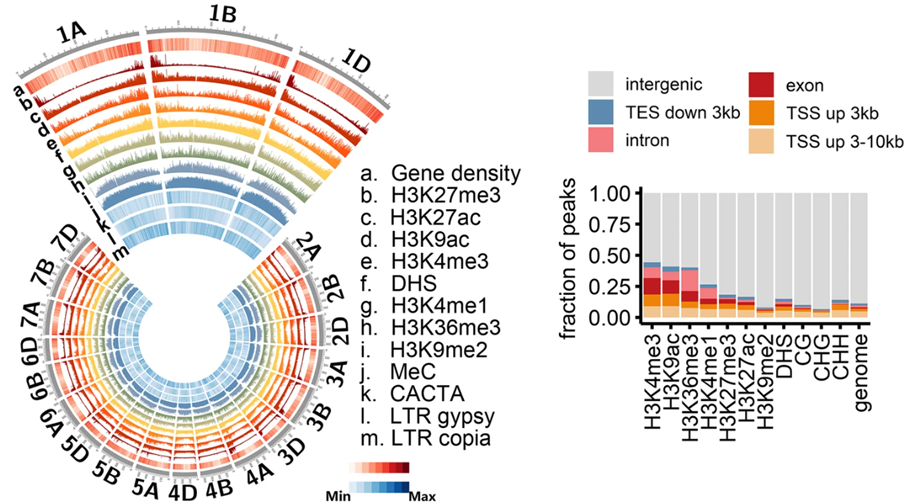
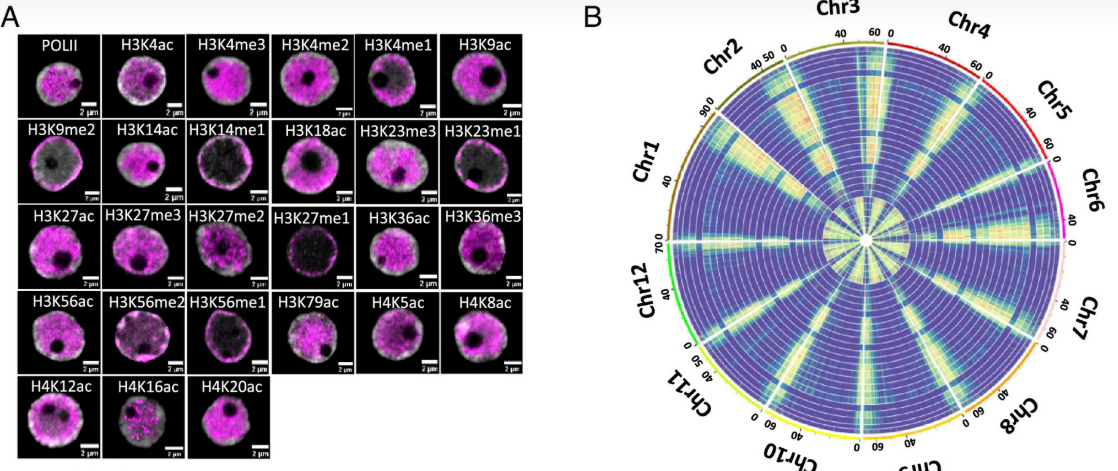
Comparative
Lymphoblastoid cell lines from five primates - 2105_Ncom) Epigenomic profiling of primate lymphoblastoid cell lines reveals the evolutionary patterns of epigenetic activities in gene regulatory architectures
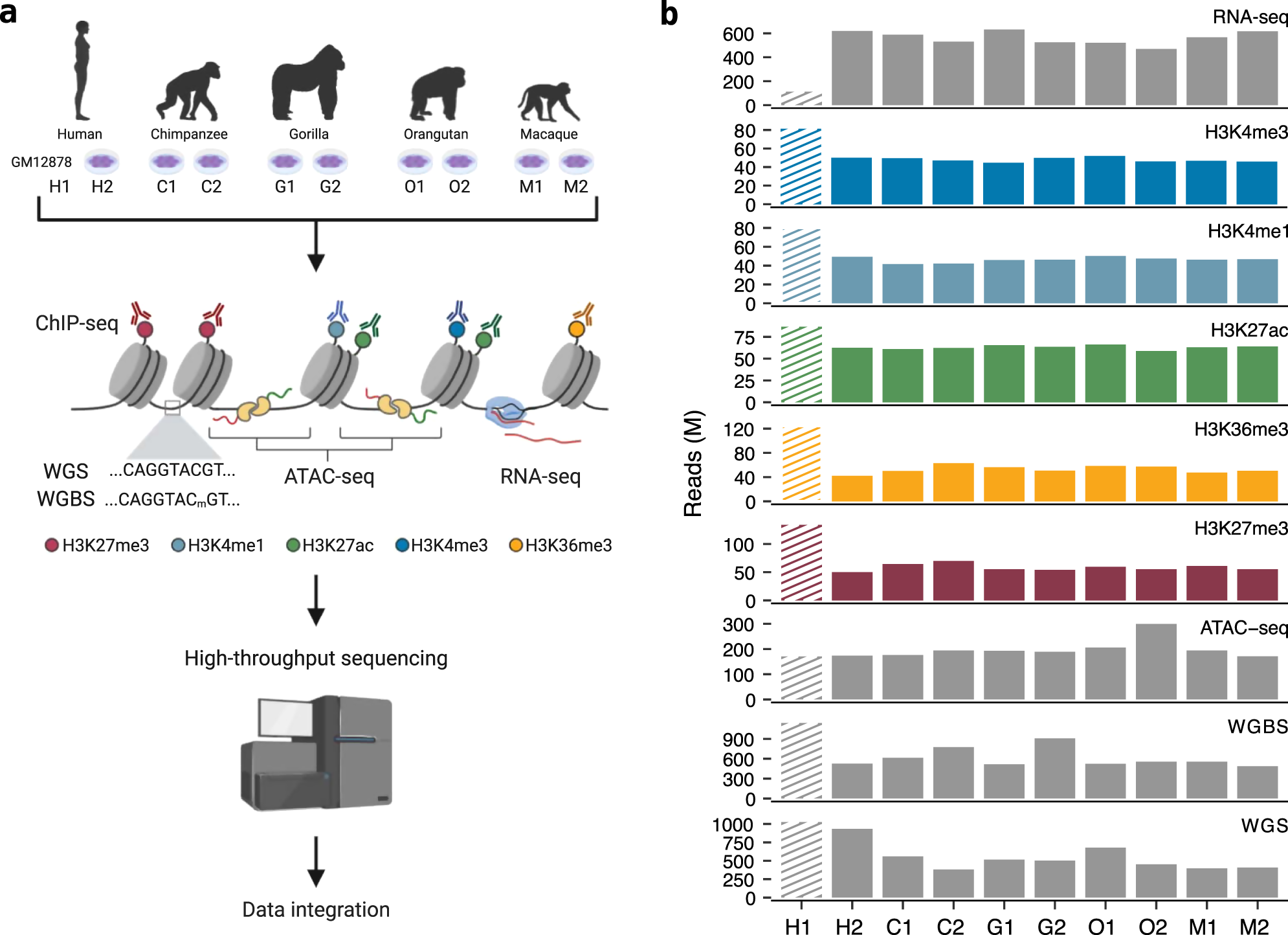
Embryos from five species - 2111_SciAdv) Evolutionary epigenomic analyses in mammalian early embryos reveal species-specific innovations and conserved principles of imprinting

Disease
Nine cancer cell lines, four histone marks - 2103_Ncom) Integrative pan cancer analysis reveals epigenomic variation in cancer type and cell specific chromatin domains
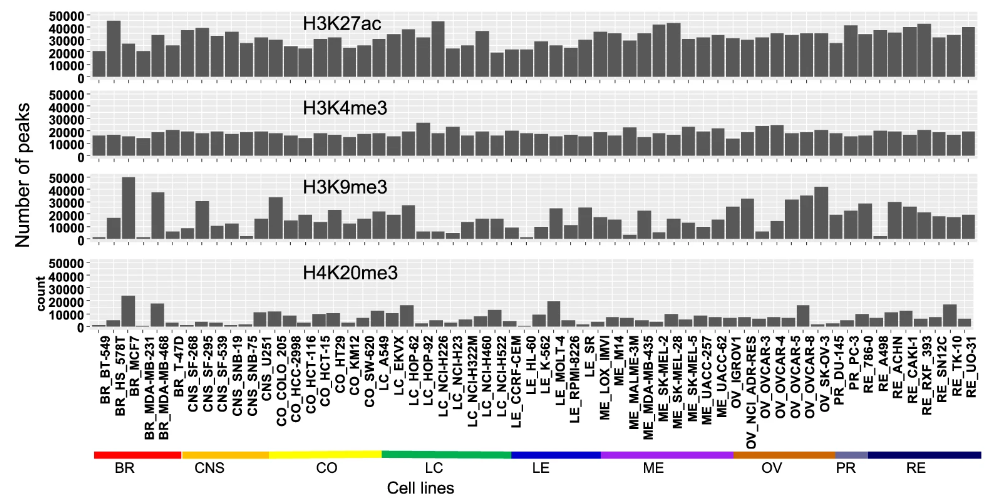
Colorectal cancer oragnoids - 2104_Ncom) Epigenomic landscape of human colorectal cancer unveils an aberrant core of pan-cancer enhancers orchestrated by YAP/TAZ

Atypical teratoid rhabdoid tumors (ATRT) - 1901_CanC) Comprehensive Analysis of Chromatin States in Atypical Teratoid/Rhabdoid Tumor Identifies Diverging Roles for SWI/SNF and Polycomb in Gene Regulation

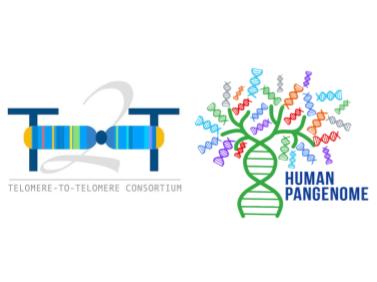
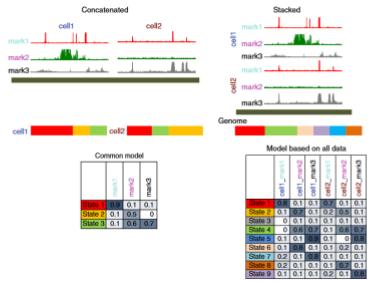
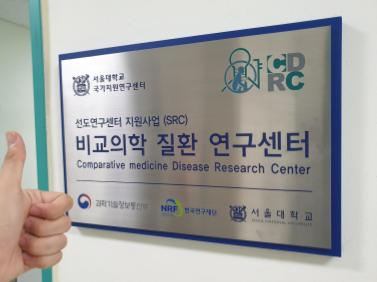

Leave a comment